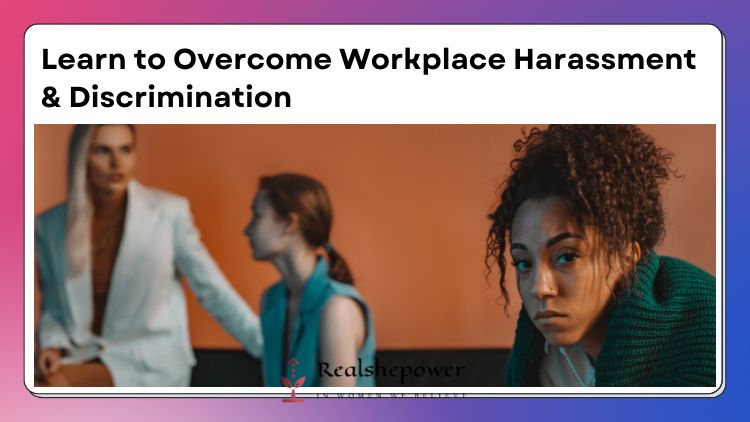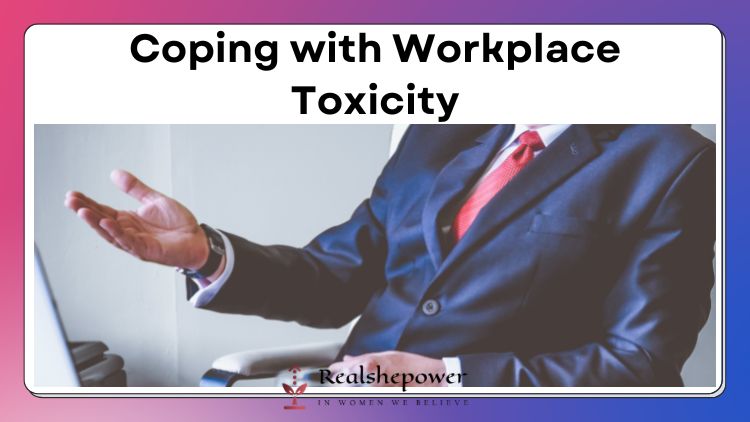Breaking the Chains of Silence: Navigating Workplace Harassment and Discrimination


Table of Contents
Introduction:
The modern workplace is supposed to be a place of equal opportunity, where employees are treated fairly and with respect. But for far too many women, the reality is very different. Harassment and discrimination are all too common, leaving women feeling marginalized, disrespected, and even traumatized. These experiences are often kept hidden, locked away behind a wall of shame and fear, with many women feeling too afraid to speak out. But it’s time to break the chains of silence and empower women to navigate these experiences and fight back.
1. What is Workplace Harassment and Discrimination?
Understanding the Keyword – Microaggression
Microaggression is a term used to describe small, subtle, and often unconscious acts of discrimination. They can be subtle or overt, and often take the form of remarks, comments, or gestures that are intended to marginalize, insult, or demean someone based on their race, gender, sexuality, religion, or other defining characteristic. In the workplace, these microaggressions can take many forms, from a dismissive comment to a sexist joke, and can leave a lasting impact on their victims.
Types of Workplace Harassment and Discrimination
Workplace harassment and discrimination can take many forms, including but not limited to sexual harassment, racial discrimination, age discrimination, and bullying. These experiences can range from verbal abuse, unwanted advances, or derogatory comments, to physical violence and threats. No matter the form it takes, harassment and discrimination in the workplace can have a profound and lasting impact on those who experience it.
2. The Tragic Reality of Workplace Harassment and Discrimination
The Impact on Mental Health
The impact of workplace harassment and discrimination on mental health can be devastating. Women who experience these traumatic events may suffer from depression, anxiety, post-traumatic stress disorder (PTSD), and other mental health issues. They may also struggle with self-esteem and confidence, which can negatively impact their personal and professional lives.
The Silencing Effect
One of the most tragic effects of workplace harassment and discrimination is the silencing effect it has on its victims. Women who experience these events may feel too afraid to speak out, for fear of retaliation, or of not being believed. This fear and shame can lead to feelings of isolation and loneliness, and can prevent women from seeking the support and help they need to heal.
3. Navigating Workplace Harassment and Discrimination
The Power of Speaking Out
Despite the fear and shame that often accompany workplace harassment and discrimination, speaking out is one of the most powerful things a woman can do. Speaking out can bring these experiences into the open, where they can be acknowledged and addressed. It can also provide a sense of empowerment and help to heal the psychological scars that come with these traumatic experiences.
Finding Support
Navigating workplace harassment and discrimination can be difficult, but it doesn’t have to be done alone. There are resources available to provide support and help, such as HR departments, employee assistance programs, and advocacy groups. It’s important for women to reach out to trusted friends, family members, or a mental health professional if they need someone to talk to. Talking about these experiences can help to break the silence and provide a sense of validation and healing.
Taking Legal Action
In some cases, workplace harassment and discrimination may be illegal, and women may have the right to take legal action. It’s important to understand the laws in your state or country, and to consult with an attorney if you feel that you have been subjected to harassment or discrimination in the workplace. Legal action can help to hold perpetrators accountable and provide a sense of justice for the victim.
Conclusion:
Workplace harassment and discrimination are traumatic experiences that can have a lasting impact on women. But it’s time to break the chains of silence and empower women to navigate these experiences and fight back. Speaking out, finding support, and taking legal action are all powerful tools that women can use to reclaim their voice and dignity. The world of work should be a place of equal opportunity and respect, and it’s up to all of us to make that a reality.
Read: Learn To Cope With Workplace Toxicity In 5 Easy Steps

You can now write for RSP Magazine and be a part of the community. Share your stories and opinions with us here.
